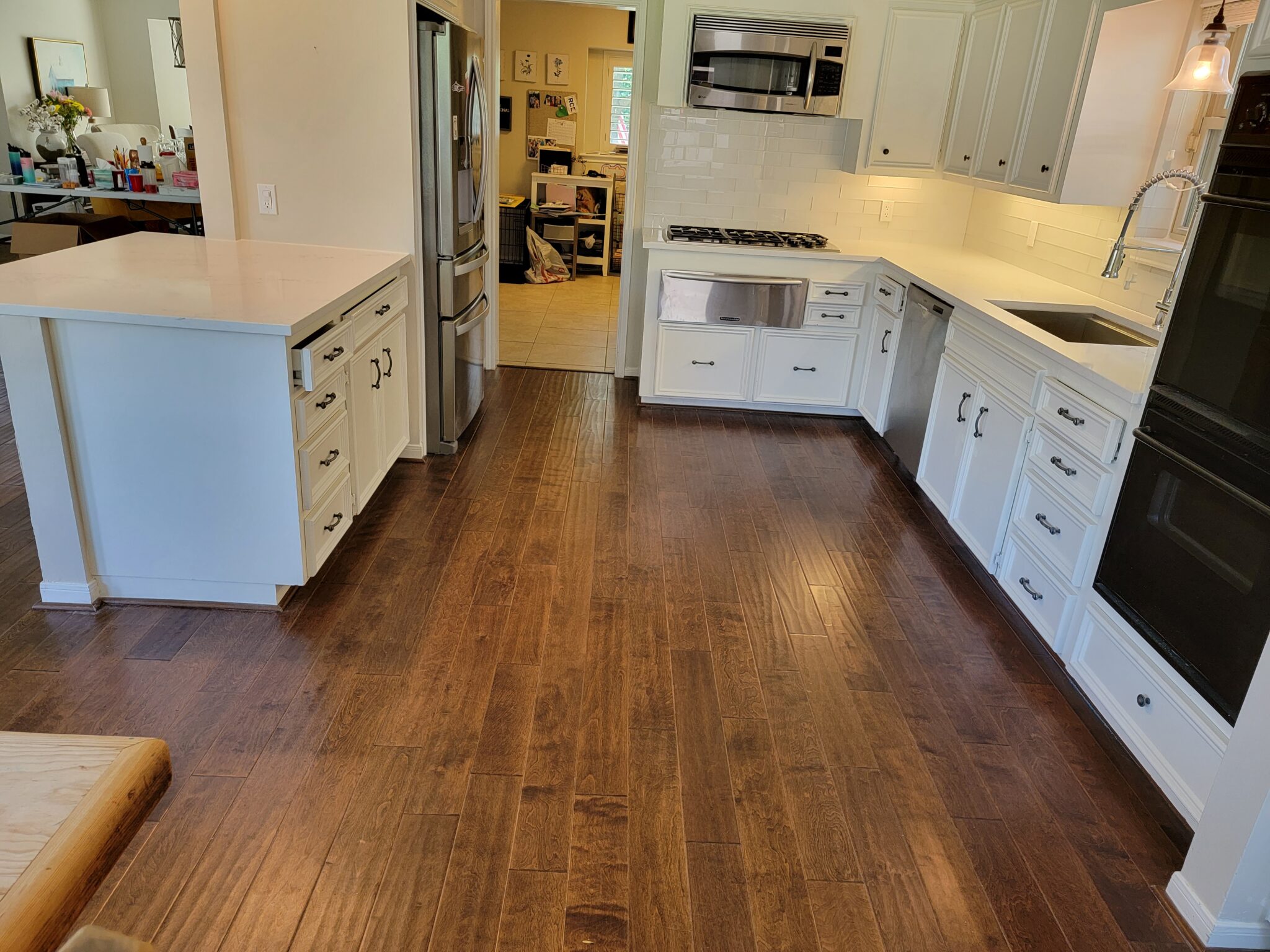
Sustainable Building Practices for a Greener Tomorrow Nov 08, 2025
Understanding the importance of sustainable building practices is the first step towards making informed decisions that positively impact the environment. Sustainable construction not only conserves natural resources but also minimizes waste, reduces energy consumption, and promotes healthy living environments. These practices are crucial as the construction industry traditionally consumes large amounts of natural resources and energy.
One of the cornerstones of sustainable building is energy efficiency. Implementing energy-efficient systems and materials can significantly reduce the overall energy footprint of a building. This can include everything from high-performance insulation and windows to energy-efficient lighting and HVAC systems. By reducing energy consumption, building owners can lower operational costs while contributing to environmental conservation efforts. At Blue Collar Development, we prioritize energy-efficient solutions to ensure that each project is both cost-effective and sustainable.
Water conservation is another pivotal aspect of sustainable building. Incorporating water-saving fixtures and utilizing reclaimed water systems can drastically cut down on water usage. Moreover, modern technologies offer innovative solutions such as rainwater harvesting, which not only reduces reliance on municipal water supplies but also diminishes stormwater runoff, ultimately protecting local waterways. Our team is adept at integrating these versatile water management strategies into your building projects, fostering a more sustainable future.
The choice of building materials is a critical consideration in sustainable construction. Using sustainable materials such as recycled steel, reclaimed wood, or eco-friendly concrete can substantially lower the environmental impact of a building. These materials are often more durable and require less maintenance, leading to cost savings over the building's lifespan. Blue Collar Development is committed to sourcing materials that meet stringent sustainability criteria, ensuring that each project supports the greater good of our planet.
On-site waste management is another vital practice in sustainable construction. Managing construction waste effectively means recycling materials during and after the building process when possible. This reduces landfill use and the demand for raw materials, thereby lessening the environmental burden. Our team is dedicated to implementing comprehensive waste management plans that significantly minimize the ecological footprint of our construction activities.
Sustainable building practices also extend to the design aspect, where passive design principles play an important role. These principles involve designing buildings in harmony with their local environment to take advantage of natural sunlight, ventilation, and seasonal changes. The aim is to reduce the need for artificial heating, cooling, and lighting, thereby saving energy and enhancing the occupants' comfort. Blue Collar Development focuses on integrating passive design elements that not only benefit the environment but also enhance the aesthetic and functional quality of the buildings.
In conclusion, embracing sustainable building practices is not just a trend but a necessity for ensuring the health of our environment for future generations. Blue Collar Development is dedicated to advancing these practices through innovative, eco-conscious construction and development solutions. By prioritizing sustainability, we can create structures that stand the test of time and support a greener tomorrow. For developers, investors, and building owners, adopting these practices not only makes environmental sense but also offers economic and social advantages, crafting a better future for all.
/filters:no_upscale()/media/68ab1bd7-097f-463c-87a6-2e6980643c7e.jpeg)